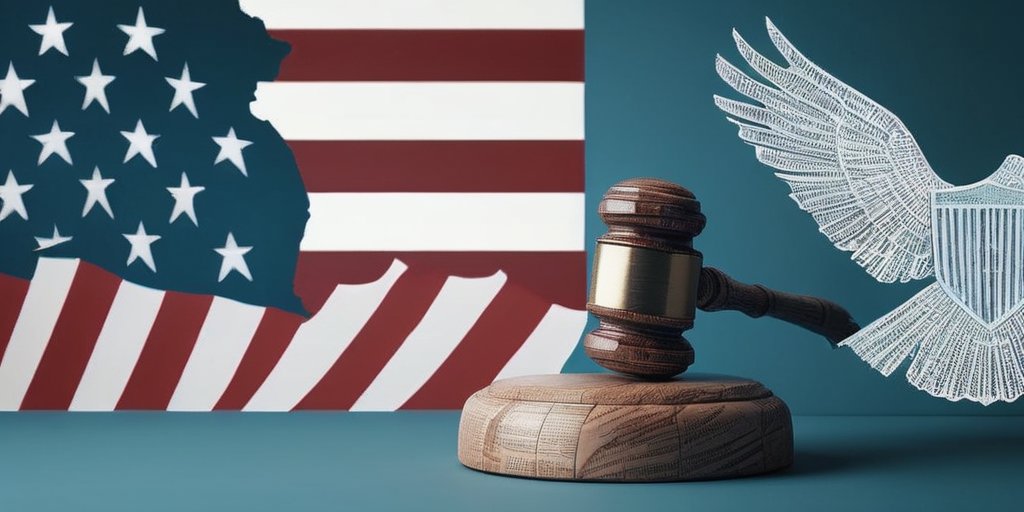In a recent hearing, U.S. federal court judge James Boasberg raised significant questions regarding the Trump administration’s compliance with his order to halt deportation flights targeting alleged Venezuelan gang members. These flights, which transported a group of 238 alleged gang affiliates and 23 members of the notorious MS-13 gang from the U.S. to a prison in El Salvador, are at the heart of ongoing legal disputes amidst national turbulence surrounding immigration policy.
The controversy erupted on Saturday night when Judge Boasberg explicitly ordered the immediate cessation of these deportation flights. However, officials from the White House argued that the order, being communicated orally rather than formally documented, was not enforceable. They claimed that by the time Boasberg’s directive was issued, the planes had already departed from U.S. airspace. The judge challenged this rationale, demanding clarity on the timing of the order and the circumstances surrounding the deportation flights, placing a deadline for more information to be provided by the government lawyers.
This incident underscores the complexities and challenges surrounding immigration enforcement under Trump’s administration, particularly through the lens of the Alien Enemies Act. Historically, this legislation, which permits deportation during wartime, was last invoked during World War II, raising eyebrows as to its applicability against non-citizen gang members in peacetime. Trump, asserting that the gang Tren de Aragua posed a significant threat, justified these deportations as necessary for national security, a characterization contested by several advocacy groups advocating for the rights of Venezuelans and highlighting alleged racial targeting.
Indeed, the administration’s approach has attracted criticism, particularly from civil rights organizations like the American Civil Liberties Union (ACLU), which outlined the potential dangers of exploiting such a sweeping wartime authority to expedite deportations. The ACLU’s Lee Gelernt emphasized that the invocation of the Alien Enemies Act should be strictly limited to scenarios of declared war or an actual invasion, both of which do not apply in this instance.
Amnesty International reaffirmed these concerns, labeling the actions of the Trump administration as racially discriminatory. They argued that the administration’s broad claims of gang affiliation could lead to wrongful deportations without adequate legal review.
As the geopolitical tensions between the U.S. and Venezuela continue to thrive, this deportation saga illustrates the broader implications of the Trump administration’s immigration policy. While the White House maintains that the deportees were indeed affiliated with criminal organizations, relatives of those deported insist on their innocence and lack of gang ties.
The situation remains fluid as Judge Boasberg has postponed further rulings on the matter until an upcoming hearing later this week. Trump supporters have voiced that enforcing such deportations falls squarely within the realm of federal directives aimed at preserving public safety, while critics underscore the need for transparent legal processes that protect individuals’ rights against executive overreach. With the stakes high on both sides, the judicial system’s oversight in balancing immigration law enforcement with civil liberties is more crucial than ever as the nation grapples with the multifaceted dimensions of its immigration policies under Trump.
